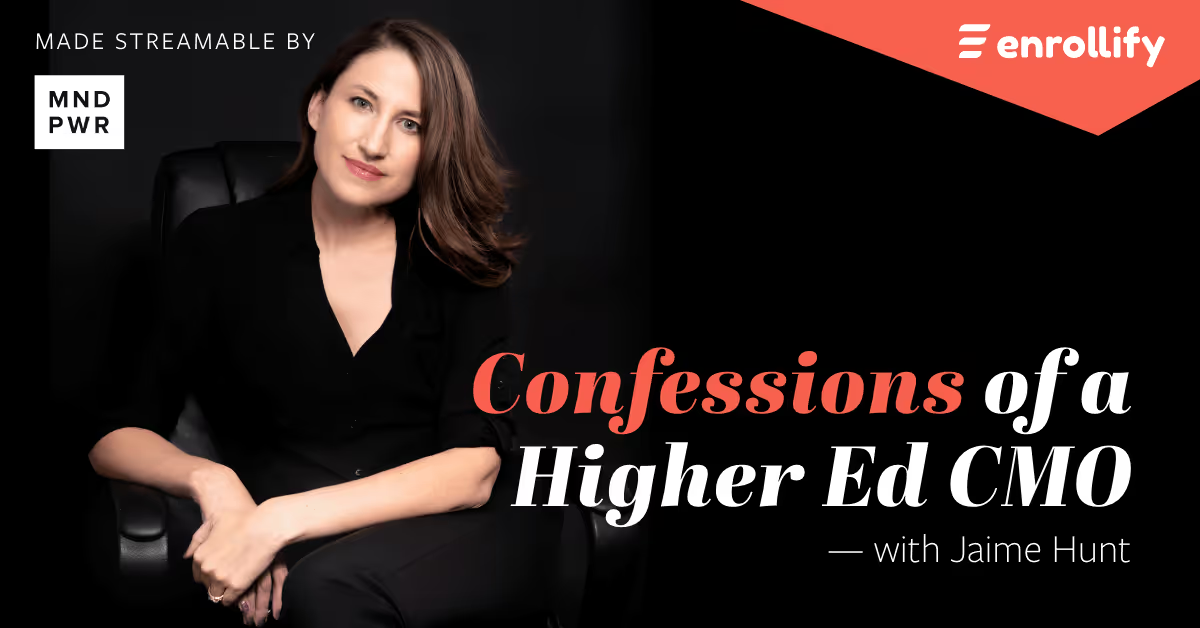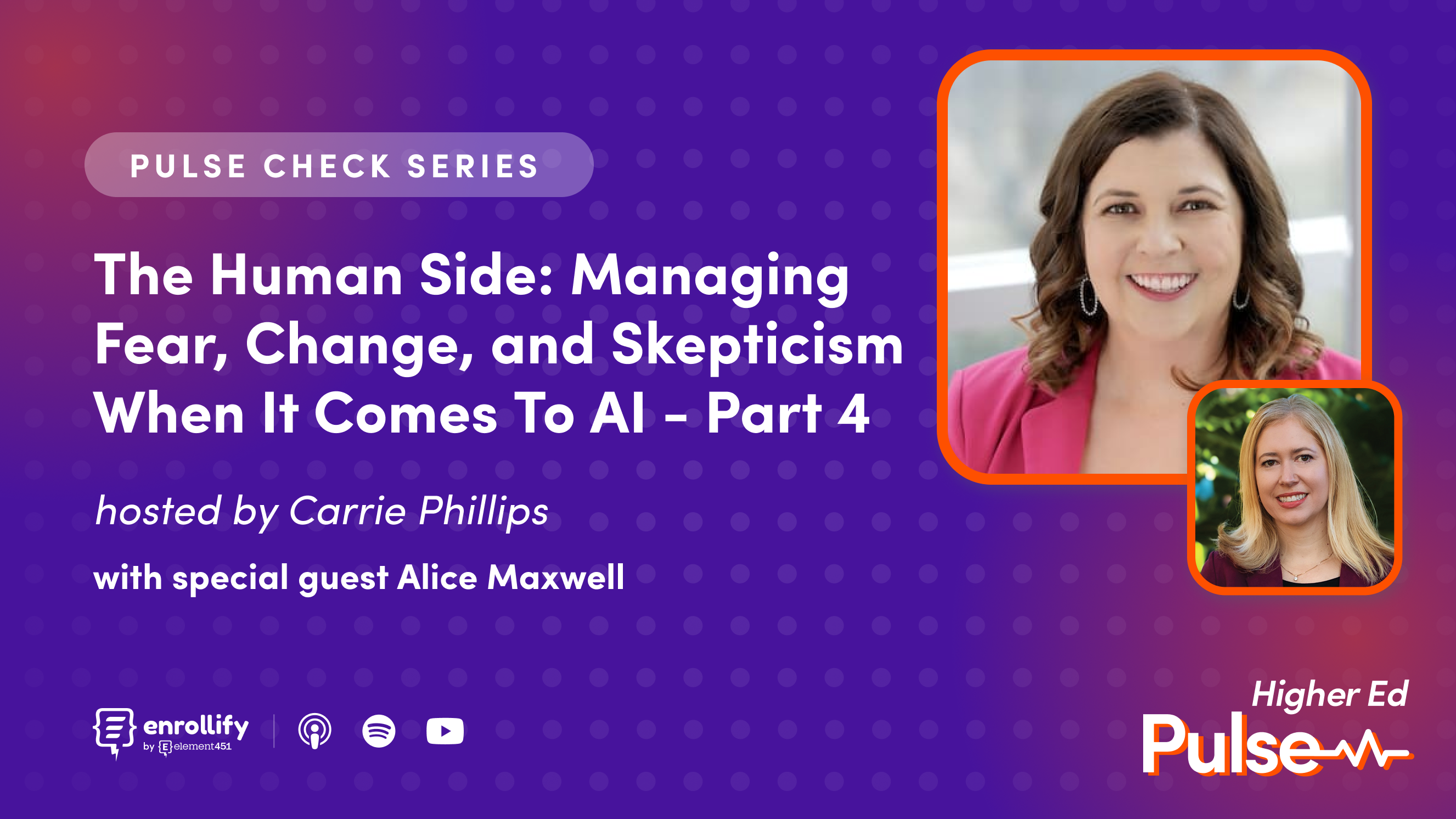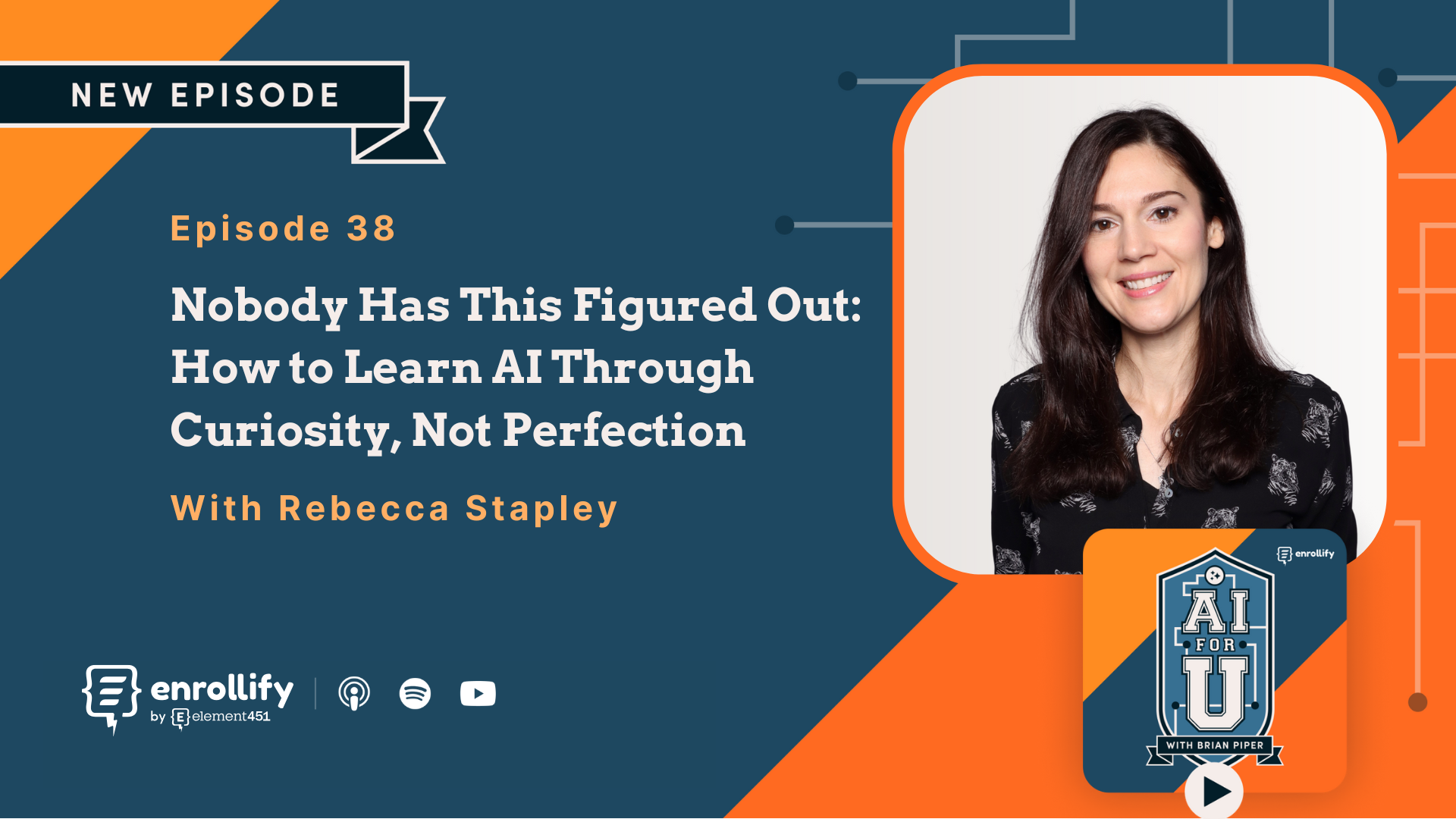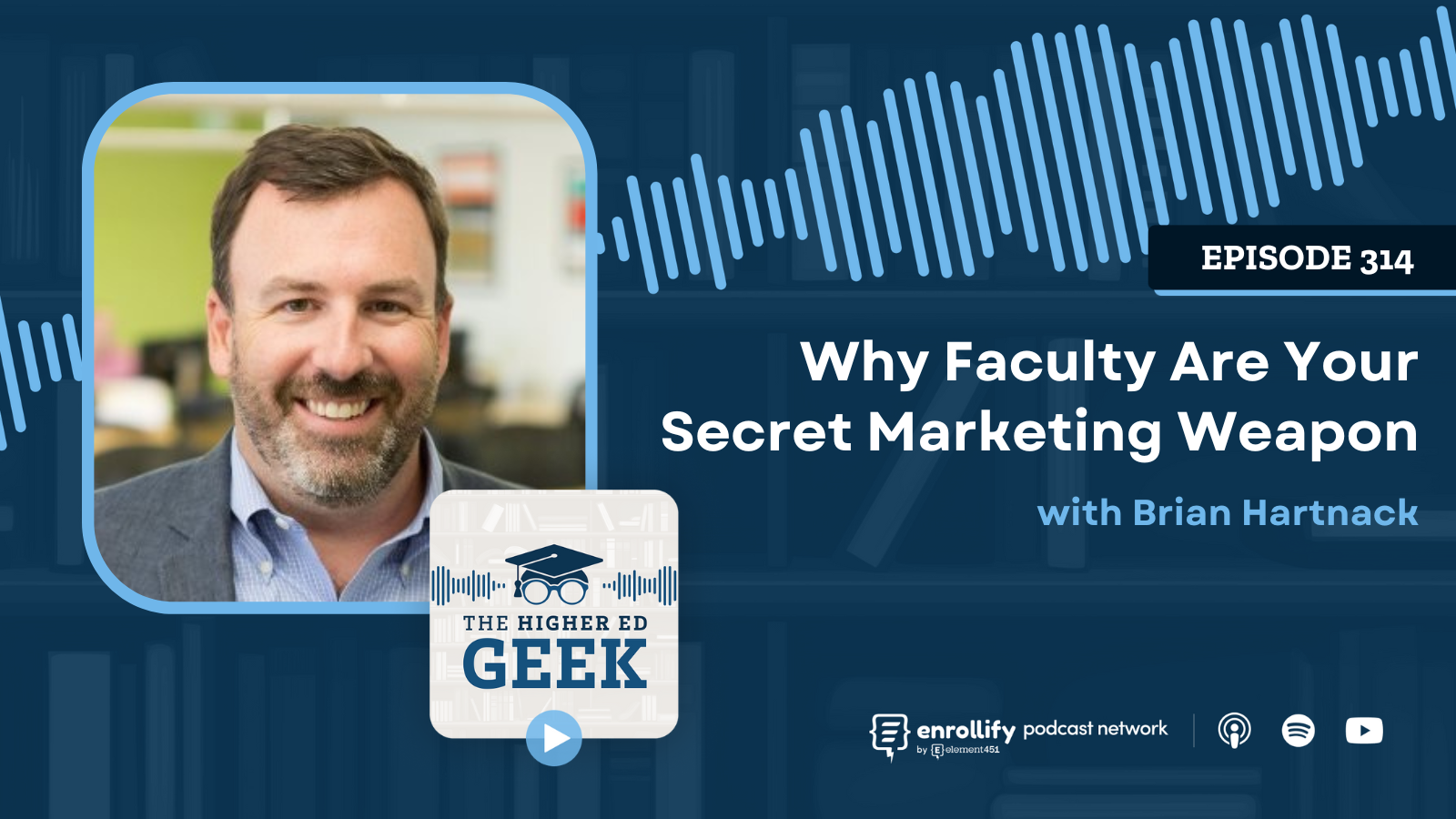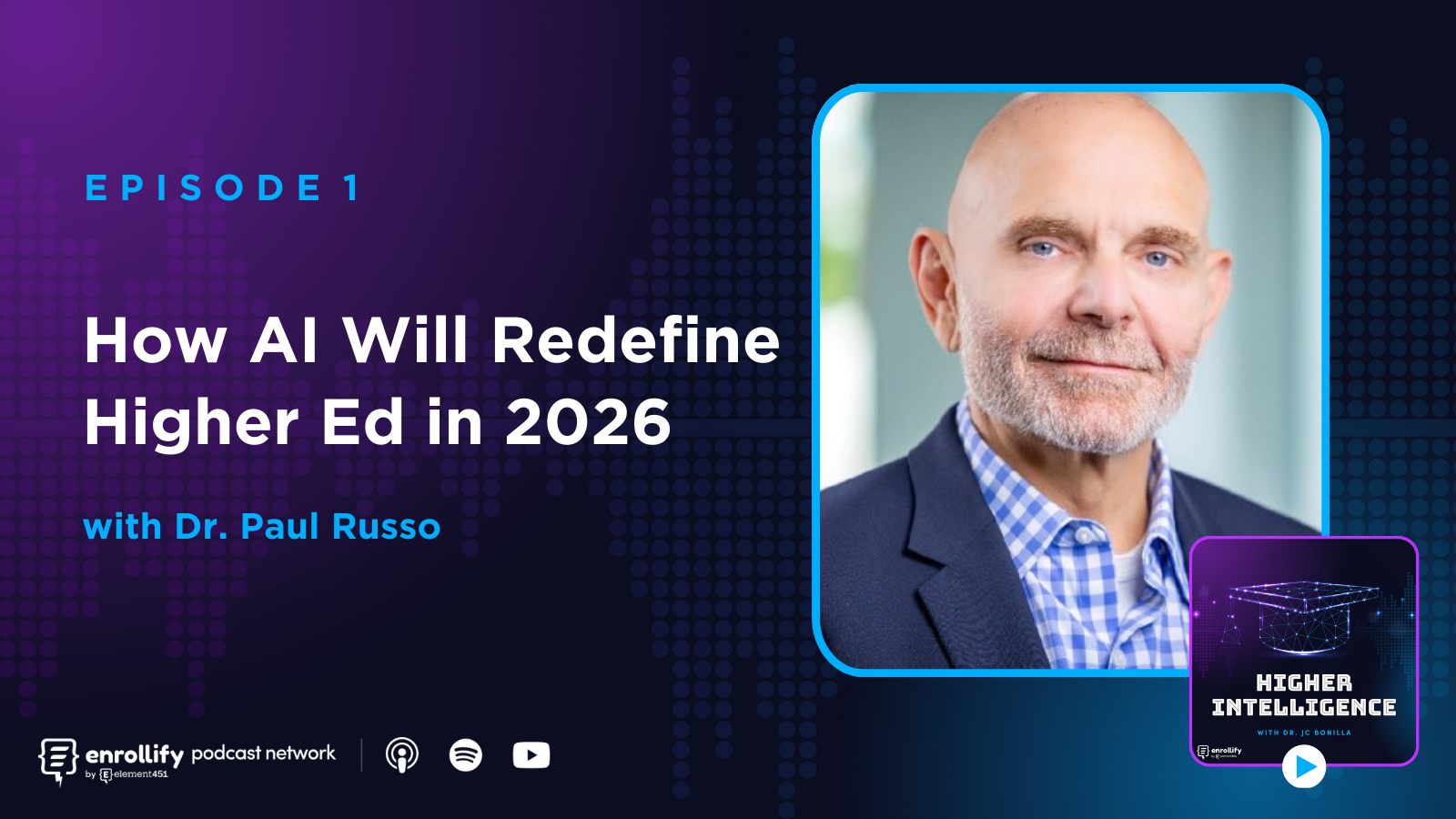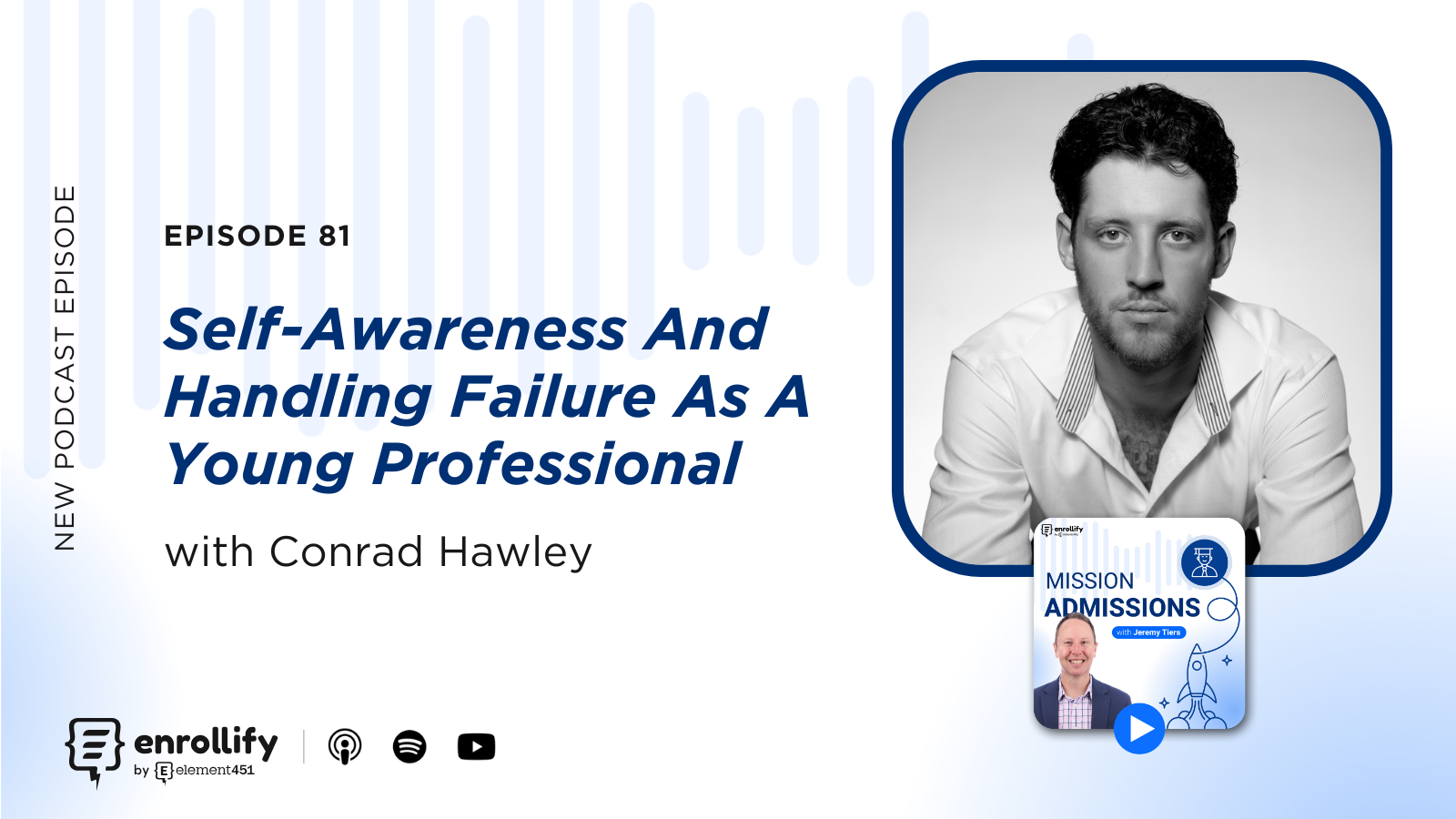About the Episode
In this episode Jaime talks with Liz Gross, founder and CEO of Campus Sonar, about anti-racism in higher education. As colleges and universities work to deepen their commitment to diversity, equity, and inclusion (DEI), many have taken the step to pledge themselves to the cause of anti-racism. This work, however, requires the commitment of many more across campus. Takeaways from this episode include:
- How anti-racism is different from being “not racist”
- Steps leaders can take to bring an anti-racist approach to their organization
- How white people can – and need to be – engaged in this across campus
- Ways to recruit and retain staff from marginalized communities
Both Liz and Jaime acknowledge that, as two white women, they likely get things wrong and they apologize in advance for any harm they may cause in this conversation.
What Does It Mean to Be Anti-Racist?
Jamie Hunt begins by asking Liz Gross what anti-racism means to her and how it differs from simply being "not racist." Liz shares her perspective as a white leader, explaining that being anti-racist requires acknowledging the systemic racism, white privilege, and white supremacy embedded in society and actively working to disrupt these systems. She contrasts this with the passive notion of "not being racist," which often centers on individual behavior rather than systemic change.
Liz emphasizes the importance of decentering whiteness in higher education. From notions of professionalism to workplace norms, many practices in higher ed are rooted in white-centric ideals. To create equity, institutions must shift away from these standards and center the lived experiences of marginalized communities.
Why Anti-Racism is Critical in Higher Education
Higher education, Liz and Jamie argue, has a deeper obligation to lead in anti-racist practices. With Gen Z being the most diverse generation yet, campuses must reflect the inclusivity and equity these students demand. Beyond the moral imperative, Liz frames anti-racism as a strategic necessity for higher ed institutions to remain relevant and impactful.
However, higher ed’s historical foundations often create systemic barriers. From admissions policies to hiring practices, many systems still favor white, affluent populations. Jamie highlights how even well-meaning policies can unintentionally exclude marginalized groups, such as detailed job qualifications that discourage women and people of color from applying.
The Journey Toward Anti-Racist Leadership
Liz shares her personal journey of becoming an anti-racist leader. For her, the turning point came during candid feedback sessions with her employees. One employee told her, “Hire more Black people,” and a subsequent culture audit revealed a “culture of whiteness” within her organization. These moments spurred Liz to take concrete actions, such as working with a coach on cultural competency, fostering open discussions with her team, and prioritizing learning about Black and Indigenous histories.
Jamie adds that personal reflection is essential, especially for white leaders. She emphasizes the importance of sitting with discomfort and confronting the defensiveness that can arise when receiving feedback about privilege or bias. Both women stress the need to approach this work with humility and a genuine desire to grow.
How Higher Ed Can Address Systemic Racism
To move toward equity, higher ed institutions need to rethink their policies and practices. Liz and Jamie discuss several strategies for fostering inclusivity, including:
- Transforming hiring practices: Post salary ranges, provide clear instructions for application materials, and partner with organizations focused on diverse talent pools, such as HUE and Black Marketers of America.
- Reevaluating workplace norms: Allow flexible dress codes, celebrate diverse holidays, and rethink the definition of “professionalism” to reflect cultural inclusivity.
- Building inclusive cultures: Create opportunities for marginalized voices to shape policies and provide safe spaces for honest feedback.
- Investing in professional development: Hire external facilitators and coaches to guide organizations through cultural competency training.
Liz also stresses the importance of building genuine relationships with Black and Brown professionals in the industry. Proactively connecting with underrepresented communities, mentoring diverse talent, and amplifying marginalized voices can help break down systemic barriers.
The Role of White Leaders in Anti-Racism
Both Jamie and Liz acknowledge that white leaders must play an active role in dismantling systemic racism. This involves doing the internal work to understand privilege, listening without defensiveness, and taking responsibility for implementing change. However, they caution against performative allyship. True commitment requires ongoing education, accountability, and action.
Liz also highlights the importance of creating environments where marginalized employees feel supported. For example, when discussing anti-racism in the workplace, leaders should be mindful of not placing additional emotional labor on employees of color. Instead, white leaders must take the initiative to educate themselves and facilitate change.
About Confessions of a Higher Ed CMO
Confessions of a Higher Ed CMO is sponsored by our friends at Mindpower- a full-service marketing and branding firm celebrating nearly thirty years of needle-moving, thought-provoking, research-fueled creative and strategy. Mindpower is women-founded and owned, WBENC certified, nationally recognized, and serves the social sector – higher education, healthcare, non-profits, and more. The Mindpower team is made up of strategists, storytellers, and experience creators. From market research to brand campaigns to recruitment to fundraising, the agency exists to empower clients, amplify brands, and help institutions find a strategic way forward. Learn more about Mindpower here!
Confessions of a Higher Ed CMO is a part of the Enrollify Podcast Network. If you like this podcast, chances are you’ll like other Enrollify shows too!
Our podcast network is growing by the month and we’ve got a plethora of marketing, admissions, and higher ed technology shows that are jam packed with stories, ideas, and frameworks all designed to empower you to be a better higher ed professional. Our shows feature a selection of the industry’s best as your hosts. Learn from Mickey Baines, Zach Busekrus, Jeremy Tiers, Corynn Myers, Jaime Gleason and many more.
Learn more about The Enrollify Podcast Network at podcasts.enrollify.org. Our shows help higher ed marketers and admissions professionals find their next big idea — come and find yours!







